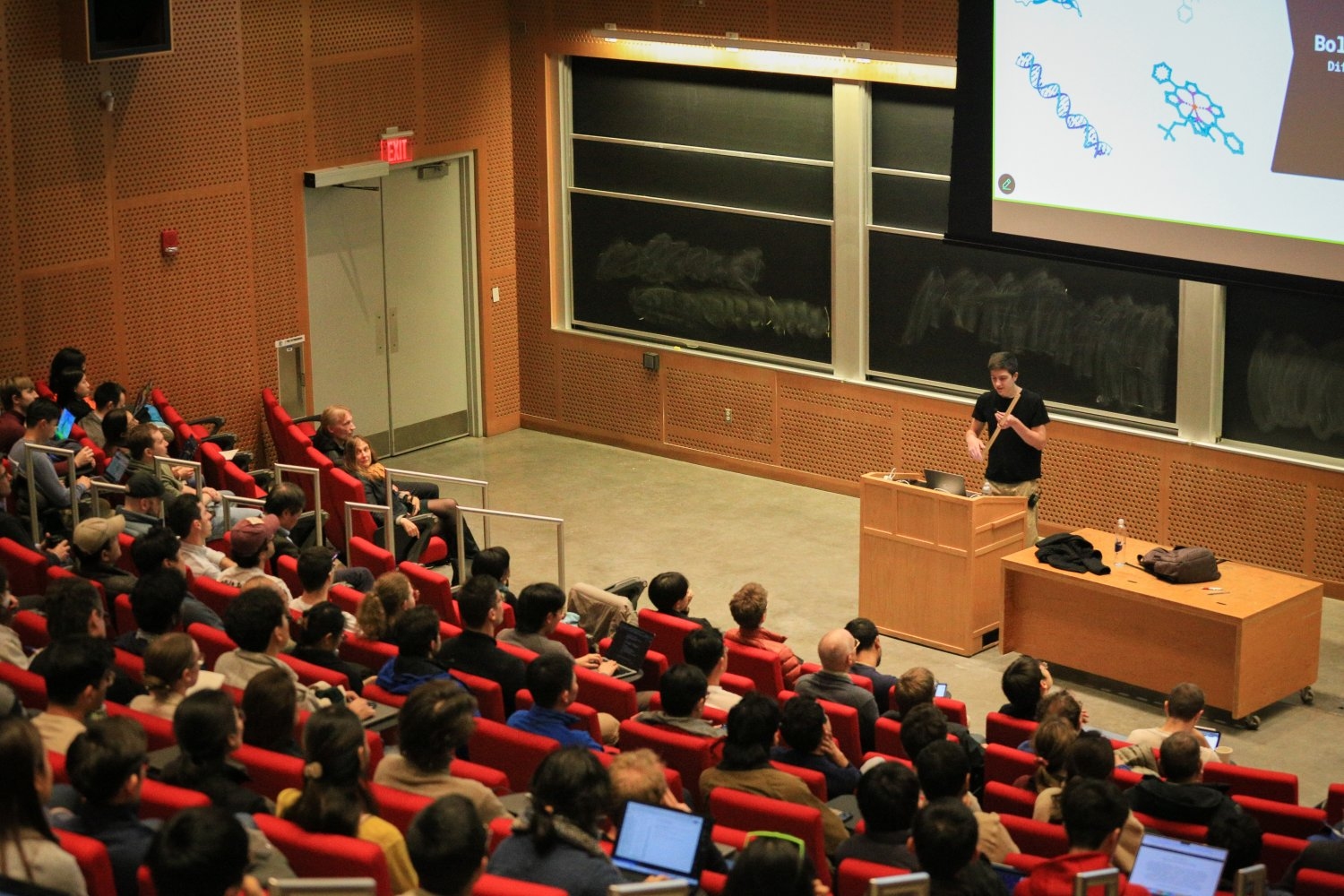MIT scientists debut a generative AI model that could create molecules addressing hard-to-treat diseases
PositiveArtificial Intelligence

- MIT scientists have introduced BoltzGen, a generative AI model capable of creating protein binders for any biological target from scratch. This innovation marks a significant advancement in the application of AI, extending its capabilities from merely understanding biological processes to actively engineering them.
- The development of BoltzGen is crucial for MIT as it enhances the institution's leadership in AI research and its potential to address hard-to-treat diseases. By generating novel molecular solutions, MIT aims to contribute significantly to the fields of medicine and biotechnology.
- This breakthrough aligns with ongoing research at MIT that explores the cognitive similarities between human problem-solving and AI models. Such insights into decision-making processes could further enhance the effectiveness of AI in complex biological applications, suggesting a future where AI and human intelligence collaborate more closely in scientific advancements.
— via World Pulse Now AI Editorial System

